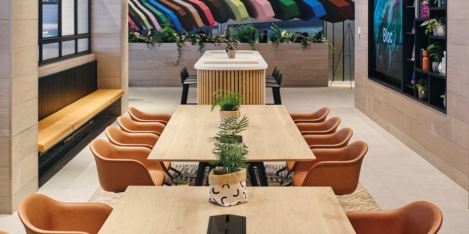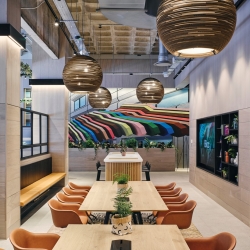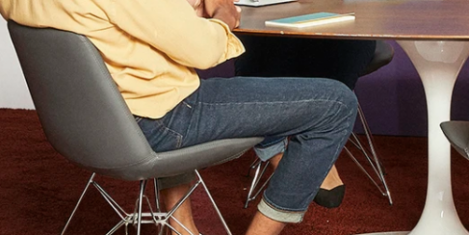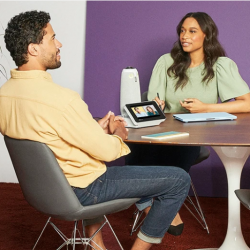To provide the best experiences, we use technologies like cookies to store and/or access device information. Consenting to these technologies will allow us to process data such as browsing behaviour or unique IDs on this site. Not consenting or withdrawing consent, may adversely affect certain features and functions.
The technical storage or access is strictly necessary for the legitimate purpose of enabling the use of a specific service explicitly requested by the subscriber or user, or for the sole purpose of carrying out the transmission of a communication over an electronic communications network.
The technical storage or access is necessary for the legitimate purpose of storing preferences that are not requested by the subscriber or user.
The technical storage or access that is used exclusively for statistical purposes.
The technical storage or access that is used exclusively for anonymous statistical purposes. Without a subpoena, voluntary compliance on the part of your Internet Service Provider, or additional records from a third party, information stored or retrieved for this purpose alone cannot usually be used to identify you.
The technical storage or access is required to create user profiles to send advertising, or to track the user on a website or across several websites for similar marketing purposes.
 A flexible work culture is a key consideration for the majority of young workers when choosing a job, with over half (53 percent) of 18-34-year-olds claiming that talented young people won’t join companies that are inflexible about the way their people choose to work. (more…)
A flexible work culture is a key consideration for the majority of young workers when choosing a job, with over half (53 percent) of 18-34-year-olds claiming that talented young people won’t join companies that are inflexible about the way their people choose to work. (more…)








 A survey of hybrid-office and home-based UK workers gives insight for employers into some of today’s biggest needs for office workers to carry out their roles. 73 percent of UK workers believe that the provision of ergonomic work conditions, as well as support for their health, will play a bigger role when choosing a company to work for.
A survey of hybrid-office and home-based UK workers gives insight for employers into some of today’s biggest needs for office workers to carry out their roles. 73 percent of UK workers believe that the provision of ergonomic work conditions, as well as support for their health, will play a bigger role when choosing a company to work for. 
 British workers took the seventh lowest number of sick days in Europe last year, according to new
British workers took the seventh lowest number of sick days in Europe last year, according to new 






 New research has highlighted concerns over the treatment of staff in the world of hybrid work. The
New research has highlighted concerns over the treatment of staff in the world of hybrid work. The 
 The
The 
 More than half of young professionals (those aged 16-34), feel burnt out right now, according to new research exploring experiences of burnout pre and post pandemic from people analytics company,
More than half of young professionals (those aged 16-34), feel burnt out right now, according to new research exploring experiences of burnout pre and post pandemic from people analytics company, 
 Despite having to get up earlier, commute, and the heightened risk of Covid-19 transmission in the office, almost five million UK employees are considering ditching working from home this winter, due to concerns around rising energy costs.
Despite having to get up earlier, commute, and the heightened risk of Covid-19 transmission in the office, almost five million UK employees are considering ditching working from home this winter, due to concerns around rising energy costs. 
 Hybrid working could save the NHS more than £4 billion per year by giving workers more time to look after themselves and their families, according to a new study by
Hybrid working could save the NHS more than £4 billion per year by giving workers more time to look after themselves and their families, according to a new study by 








November 19, 2021
Workplace data proves that the devil is in the detail for the new era of work
by Steve Morren • Comment, Flexible working, Technology, Workplace design